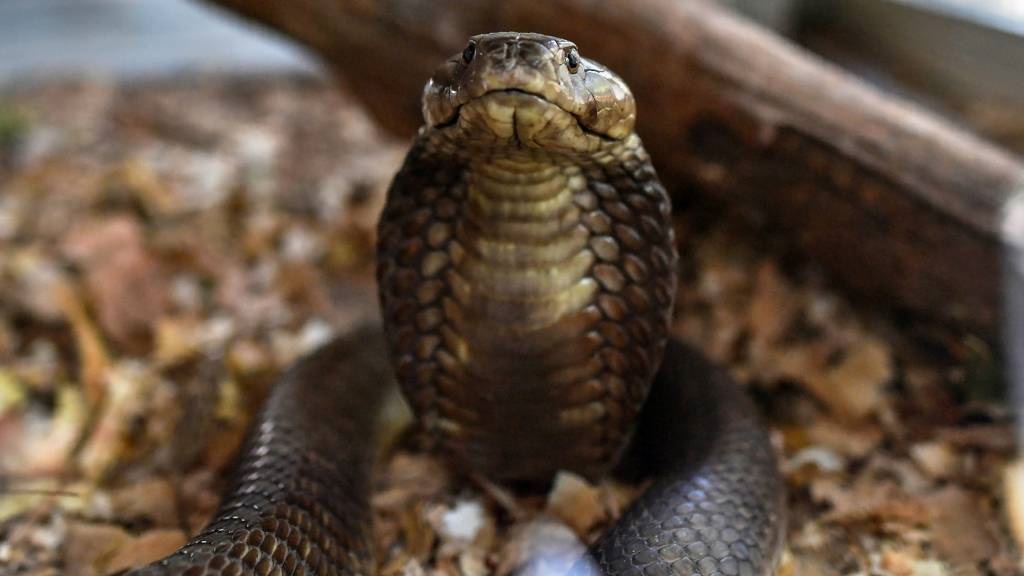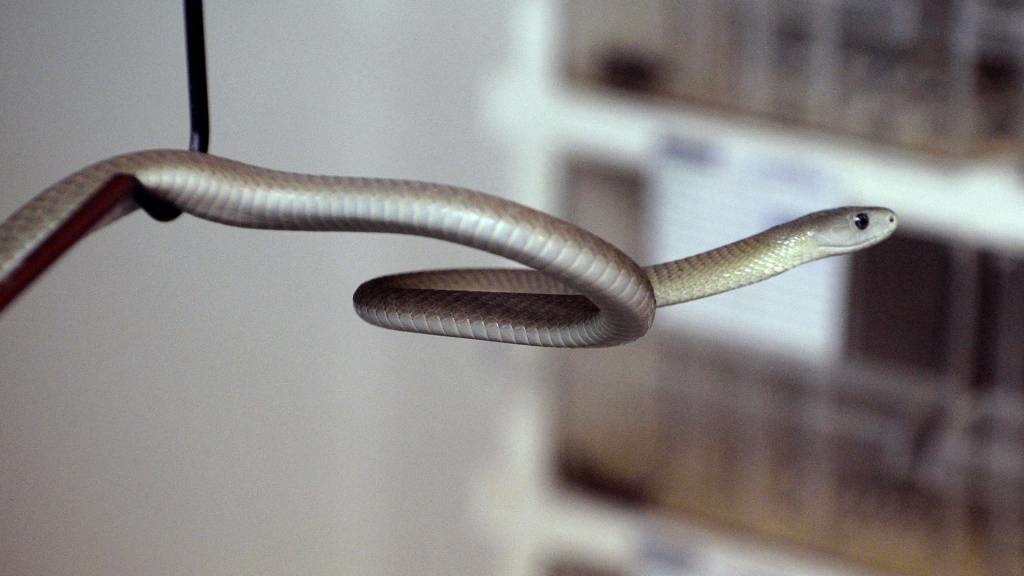
- Kenya, Eswatini, Ghana, Malawi, and Rwanda, with the help of the Liverpool School of Tropical Medicine, have launched the African Snakebite Alliance.
- Scientists say they have produced a human antibody that can neutralise king cobra, cobra, black mamba, and krait poison.
- In Mozambique's rural areas 59% of snakebites are treated by traditional healers and 25% are not even seen by any doctor, a researcher claims.
Kenya, Eswatini, Ghana, Malawi, and Rwanda have joined together against a common enemy: Snakebites.
With the help of the Liverpool School of Tropical Medicine (LSTM), they want to figure out better ways to deal with snakebites, and develop region-specific vaccines against snake venom, under the banner of the new African Snakebite Alliance.
In a statement this week, Kenya's Ministry of Health said that ASA brings together a whole bunch of organisations with an interest in snakebites, including the Institute of Primate Research, the World Health Organisation (WHO), Amref Health Africa in Kenya, the Rwanda Biomedical Centre, and the Eswatini Antivenom Foundation.
Professor Ymkje Stienstra from LSTM, who is also the director of ASA, said they will be guided by available research and contributions from communities and government authorities.
"The ASA will pick up clinical and public health research questions based on the input from communities and policymakers. The findings will translate into the prevention of snakebites and ways to reduce the damage caused by them," he said.
READ | Snake in the brass: Gauteng cops will strike if rinkhals aren't ironed out at infested Sebokeng HQ
A report by ASA stakeholders covering 15 African countries, published in December 2023, already identified some of the biggest burdens associated with snakebites.
They said the biggest challenges to snakebite research and policy-making were inadequate money, a lack of relevant data, and a lack of interest from policymakers.
Adequate financing commitment, strong political will, the development of expert networks, and a demand for scientific proof were all considered potential variables that could help with snakebite research.
Snake poison leads to envenoming, a potentially life-threatening disease caused by toxins in the bite or spit of a venomous snake.
It's a neglected tropical disease disproportionately affecting the rural poor in low and middle-income countries in the tropics and sub-tropics.
In another initiative, Indian and international scientists successfully produced a human antibody that can save lives from venomous snake bites, notably snakes of the Elapidae family, which includes the king cobra, cobra, black mamba, and krait.
Their findings were published in the Science Translational Medicine journal.
Snake menace
It's projected that up to 5.5 million snakebites happen annually, resulting in roughly 1.8 million to 2.7 million envenomations and between 81 000 and 138 000 deaths.
Snakebite rates in sub-Saharan Africa vary from 100 to 650 bites per 100 000 people per year.
Snakebites are estimated to cost 1.03 million disability-adjusted life years per year in Sub-Saharan Africa.
However, there's an argument that the statistics are far below reality, based on research on households in rural Mozambique.
The report revealed that 59% of snakebites were treated by traditional healers and 25% were not even seen by any doctor.
Thus only 16% were officially recorded in medical institutions.
The findings in the report increase snakebite incidence levels ten-fold and deaths by 30 times.
The News24 Africa Desk is supported by the Hanns Seidel Foundation. The stories produced through the Africa Desk and the opinions and statements that may be contained herein do not reflect those of the Hanns Seidel Foundation




 Publications
Publications
 Partners
Partners
























